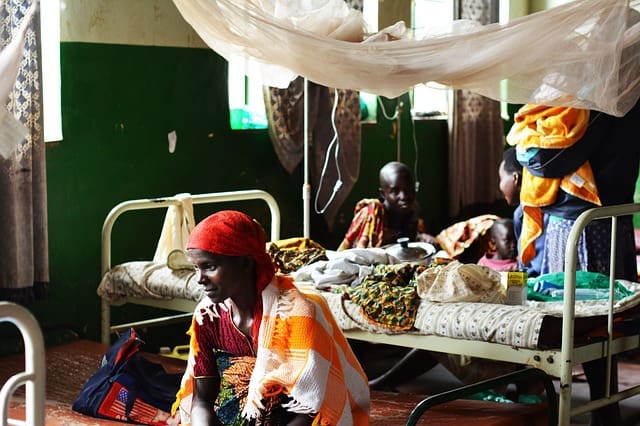Be Aware: Ebola is No Longer Just an African Crisis
The Ebola crisis, once limited to parts of Africa, is now being seen in the United States. Are you aware of the dangers? You should not overlook the signs. Until recently, Ebola was a disease few people outside Africa understood. However, several recent outbreaks in the U.S. have raised major public health concerns.
Many people still don’t understand what Ebola is, how it spreads, or how to treat it. This has left many puzzled: How did this virus get here?
Virus Risks and Crisis Escalation
Ebola is a highly infectious virus that spreads through direct contact with bodily fluids. Originally seen in West Africa, it has now appeared in several U.S. states. Several American healthcare workers contracted the virus after volunteering in Africa and returned home sick.
Early Ebola symptoms resemble the flu:
-
Sore muscles
-
High fever
-
Fatigue
These signs are often mistaken for a cold. Don’t ignore them.
Late-Stage Symptoms and Contagion
As the disease progresses, symptoms become more severe:
-
Vomiting
-
Bloody diarrhea
-
Internal and external bleeding
-
Muscle aches
-
Sore throat
-
Severe headaches
Once these symptoms appear, hospitalization is necessary. Patients are placed in strict isolation, and healthcare workers wear PPE (Personal Protective Equipment) — including gowns, gloves, masks, and face shields — to prevent transmission.
No Cure, Only Supportive Care
Currently, no specific treatment or vaccine is widely available for Ebola. Research is ongoing, but it may take years before reliable treatments are found. In the meantime, patients receive:
-
IV fluids
-
Oxygen support
-
Antibiotics to prevent secondary infections
If you’ve recently traveled to Africa, avoid contact with others for at least 10 days and monitor for symptoms.
Ebola Risk and Prevention
Ebola is a serious and potentially fatal illness. The CDC and global health organizations are actively working to control its spread.
What you can do:
-
Stay informed
-
Follow health and travel advisories
-
Get vaccinated (when available)
-
Delay non-essential travel to high-risk areas
-
Report any symptoms immediately after travel
Prevention is ongoing — but it starts with you. Stay alert. Stay safe. Know the signs. Ebola is no longer just an African crisis — it’s a global concern.


